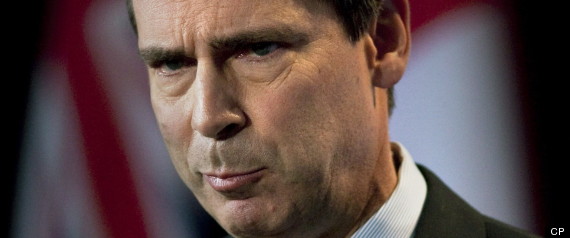TORONTO - The threat of a snap election in Ontario eased slightly Sunday after Premier Dalton McGuinty and NDP Leader Andrea Horwath agreed they wanted the budget to pass to avoid the defeat of the minority Liberal government.
McGuinty stepped back from his threats on Friday to go to the polls over changes the opposition parties made to the budget at committee Thursday. He also softened his tone after calling Horwath "disingenuous" for breaking earlier agreements not to block the budget's passage.
McGuinty stepped back from his threats on Friday to go to the polls over changes the opposition parties made to the budget at committee Thursday. He also softened his tone after calling Horwath "disingenuous" for breaking earlier agreements not to block the budget's passage.









